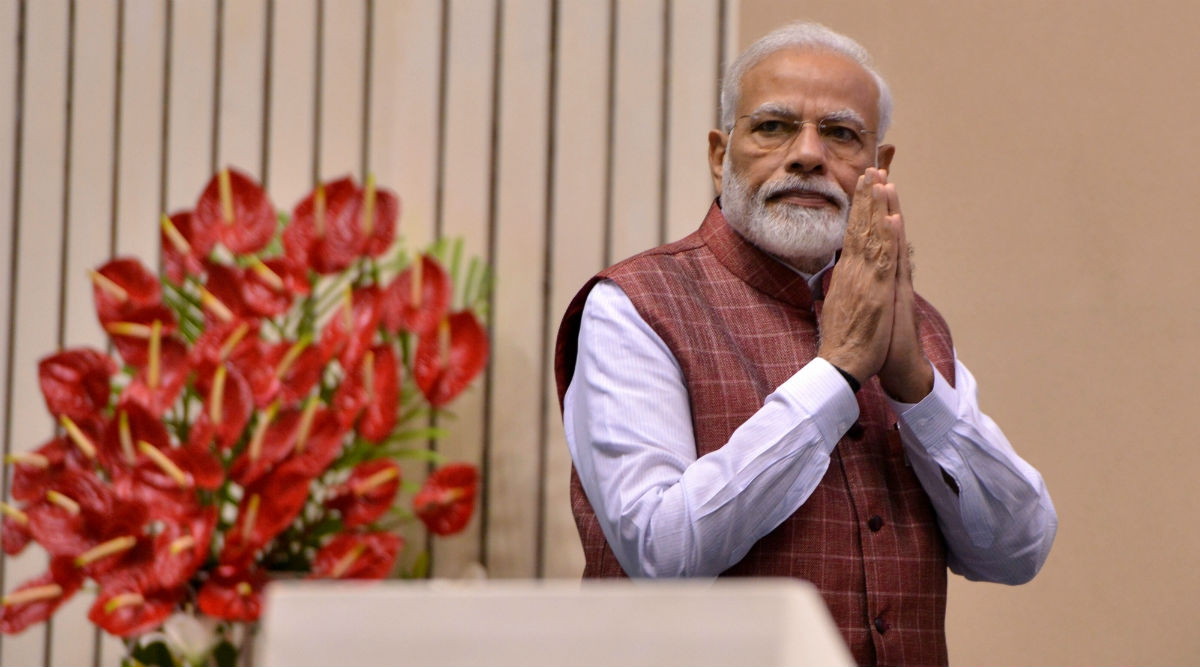India Opts Out of RCEP Trade Deal, Says 'Can't Compromise on Core Interests'
India has decided yo not join the Regional Comprehensive Economic Partnership (RCEP) agreement- which will be the world's largest free trade pact of 16 nation, said ANI sources. India has called for a "mutually beneficial RCEP in which all sides gain reasonably" - on the ground this involves market access and tariffs.

New Delhi, November 4: India has decided not to join the Regional Comprehensive Economic Partnership (RCEP) agreement- which will be the world's largest free trade pact. India has called for a "mutually beneficial RCEP in which all sides gain reasonably" - on the ground which involves market access and tariffs. Sonia Says RCEP Will Be Body Blow to Economy, Bring Untold Hardships to Farmers.
Prime Minister Narendra Modi stood firm that key concerns in the trade deal are not being addressed and decided not to compromise on core interests. “RCEP agreement does not reflect its original intent. The outcome was not fair or balanced,” the sources said.
ANI Tweet:
In his address, PM Modi said, "today, when we look around we see during seven years of RCEP negotiations many things including global economic and trade scenarios have changed. We can't overlook these changes. Present RCEP Agreement doesn't fully reflect the basic spirit of RCEP."
Citing country's farmers, traders, professionals and industries, PM Modi said "When I measure the RCEP Agreement with respect to the interests of all Indians, I do not get a positive answer. Therefore, neither the Talisman of Gandhiji nor my own conscience permits me to join the RCEP".
India has been raising the issue amid concern that the proposed free trade deal will flood the country with cheap Chinese product once the deal is signed. India also raised the issue due to the unviability of Most favoured Nation(MFN) obligations, India would be forced to give similar benefits to RCEP members that it gave to others.
"The key issues include- inadequate protection against import surge, insufficient differential with China, possible circumvention of rules of origin, keeping the base year as 2014 and no credible assurances on market access and non-tariff barriers," said sources.
(The above story first appeared on LatestLY on Nov 04, 2019 06:29 PM IST. For more news and updates on politics, world, sports, entertainment and lifestyle, log on to our website latestly.com).



